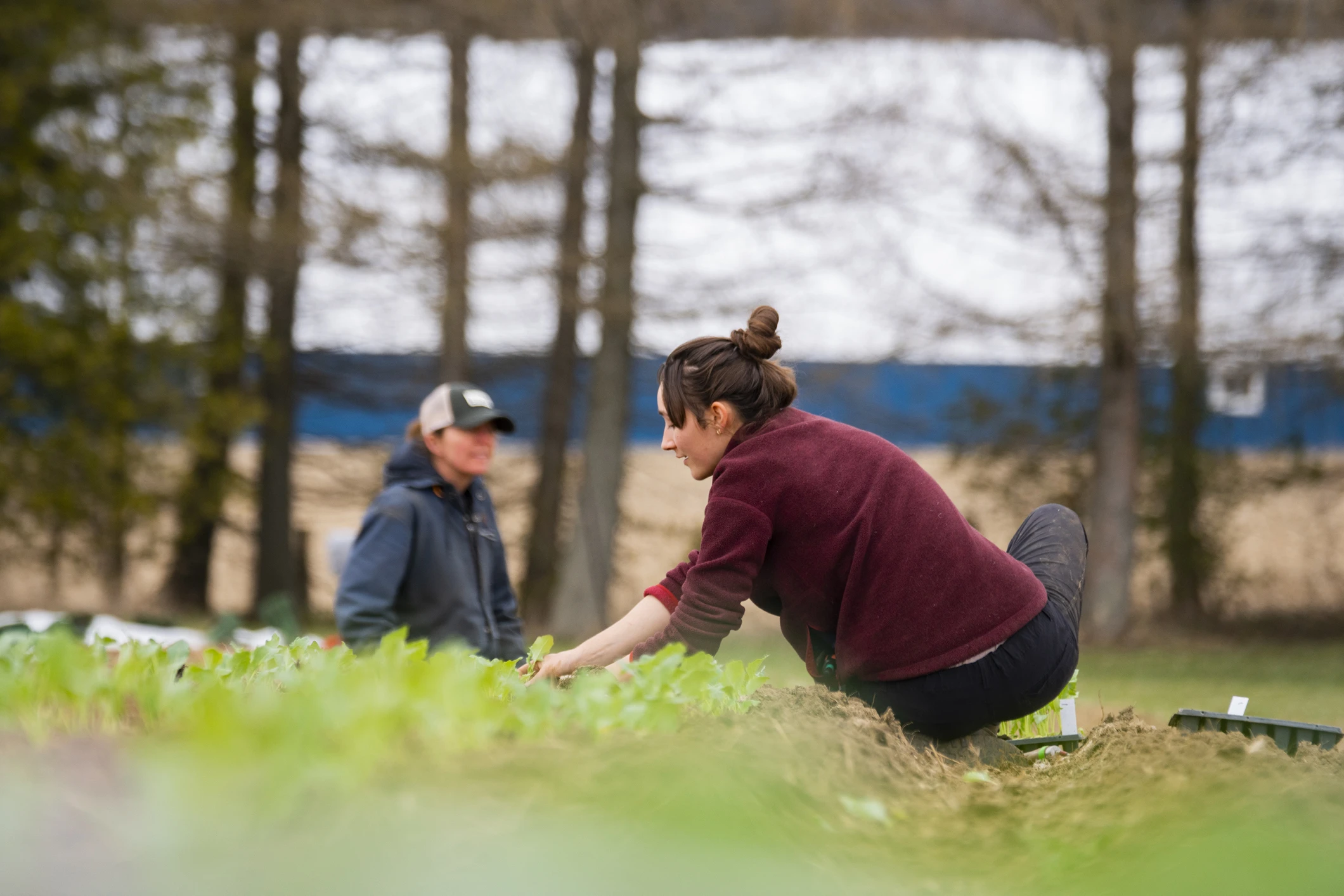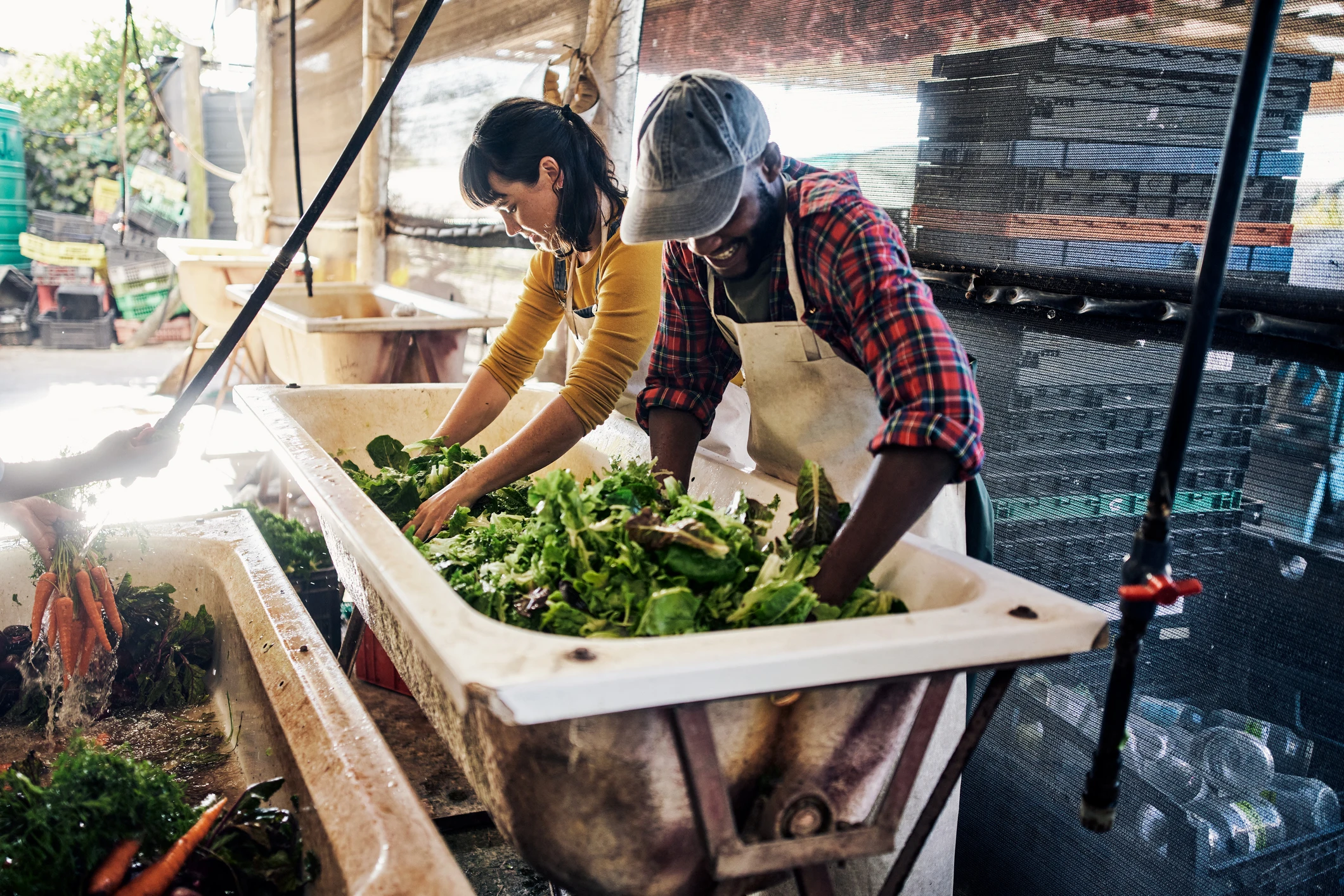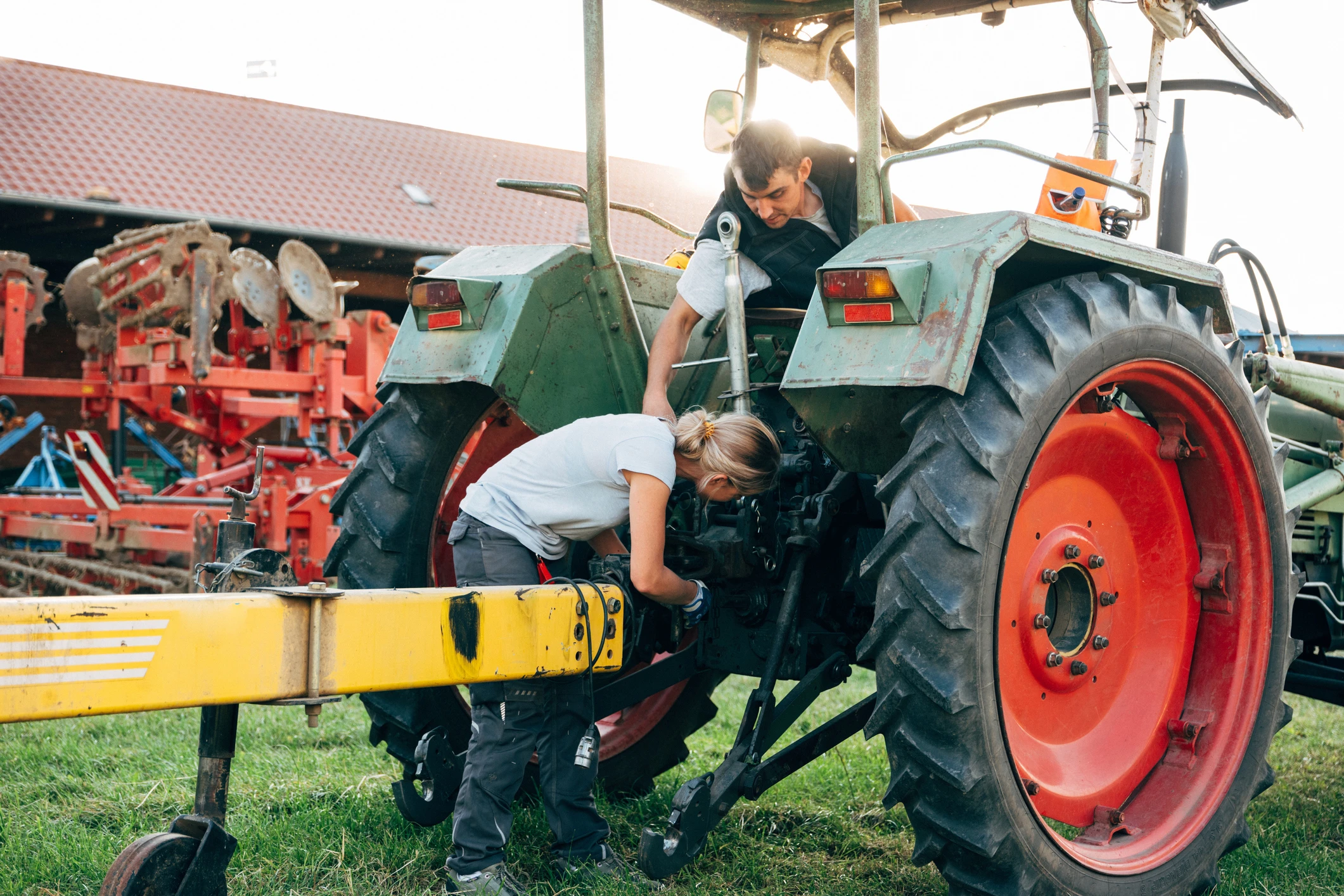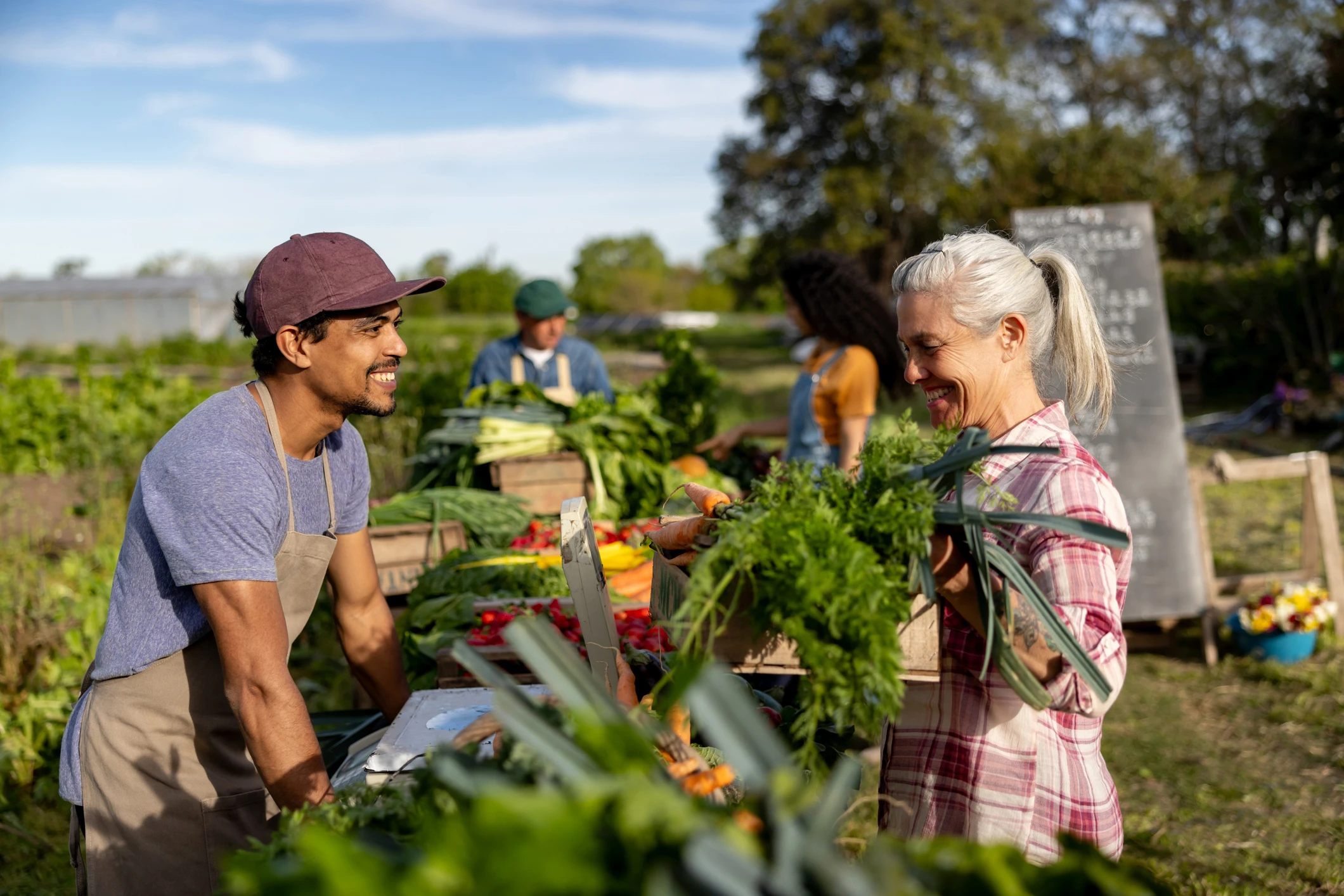7 Ways an Agriculture Cooperative Can Enhance Financial Stability for Small Farms
For small farms aiming to mitigate expenses while maximizing returns, joining an agriculture cooperative represents a strategic approach to achieve financial resilience. Here's how engaging with an agricultural cooperative can significantly diminish your operational costs and lead to a more economically sustainable future.
1. Split Land Costs Through Cooperative Efforts
Access to land, a critical hurdle for many farmers, becomes more manageable within an agricultural cooperative. By pooling resources, members can afford larger or more strategically located parcels of land than individually possible. This collective investment reduces personal risk and outlay, vital in an industry subject to unpredictable market conditions and price volatility. The purpose of a farm cooperative is to make such collaborative benefits achievable.

2. Enhance Purchasing Power as a United Front
Agriculture cooperatives excel in bulk purchasing, unlocking substantial discounts unavailable to individual buyers. This collective bargaining power enables the negotiation of favorable deals on supplies and equipment, significantly lowering operational costs and extending budgetary capabilities for each member.

3. Cost Reduction through Shared Equipment
The financial burden of acquiring and maintaining costly farming equipment is considerably lessened within an agriculture cooperative. Sharing such resources ensures that all members benefit from essential machinery without bearing the full cost of ownership, making it a practical solution for reducing individual expenses.

4. Collective Risk Mitigation
One of the foundational benefits an agricultural cooperative offers is collective risk management. As a unified entity, cooperatives provide a safety net against market fluctuations, extreme weather events, equipment damage, and other unforeseen challenges, distributing the impact of such risks among members and fostering a more stable and resilient farming operation.

5. Consolidated Marketing Efforts to Maximize Reach
Agriculture cooperatives allow for collaborative marketing strategies, significantly enhancing market presence without proportionately increasing individual costs. By pooling resources for market research, advertising, and promotional activities, products gain wider visibility, expanding the consumer base and ensuring broader market penetration at a shared expense.

6. Access to Enhanced Financial Support
Agricultural cooperatives often have improved access to diverse financial resources, including grants, loans, and funding opportunities that might be difficult for individual farmers to secure. This collective financial support aids in infrastructure development, technology adoption, and the practice of sustainable farming methods, easing the financial burden on individual members and laying a stronger economic foundation for the cooperative.

7. Fostering Growth through Collective Learning
Joining an agriculture cooperative opens the door to shared knowledge and experiences among small farmers, promoting the exchange of best practices, innovative farming techniques, and valuable skills. This environment of collective learning and sharing fosters continuous improvement, leading to enhanced productivity and efficiency across the board. By leveraging this communal wisdom, members benefit from a broad spectrum of perspectives, insights, and strategies, optimizing costs through better and more effective farming practices.

Understanding what an agricultural cooperative is and the purpose it serves is the first step towards transforming your farm's economic landscape. By leveraging the collective strength, resources, and knowledge of a cooperative, small farms can achieve a level of financial stability and growth that is challenging to attain alone.
For small farmers like yourself navigating the agricultural landscape with financial prudence in mind, the cooperative model stands as a beacon of cost-effective practices. Embrace collaboration and collective action to pave the way for financial resilience and a prosperous future in farming.
Happy growing!